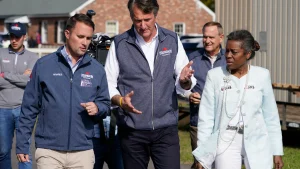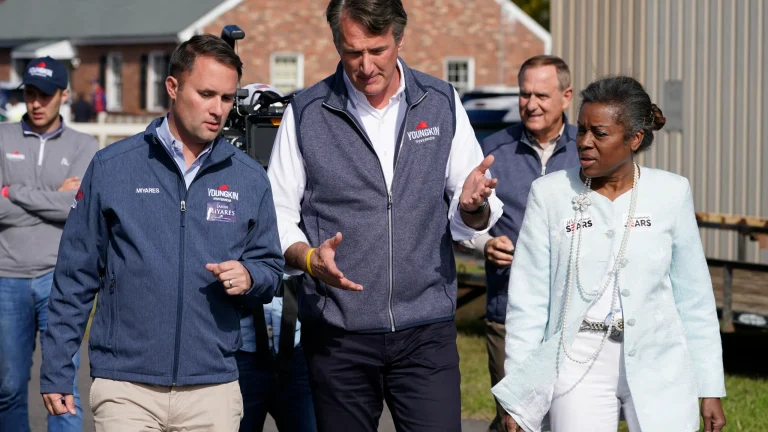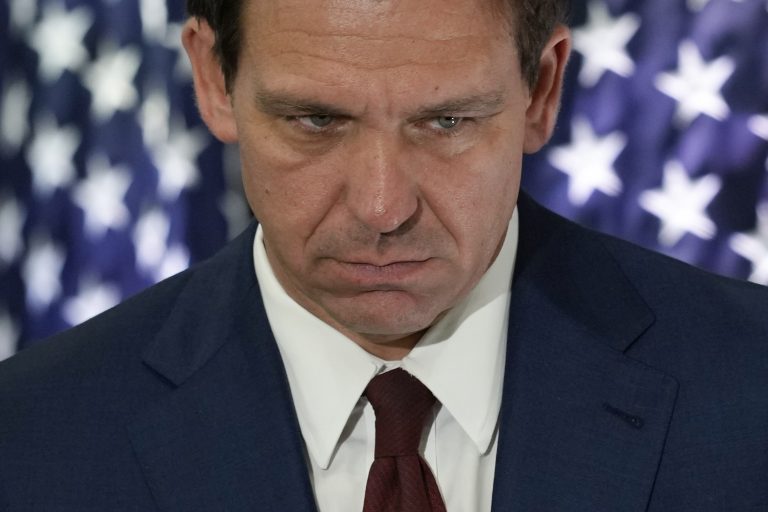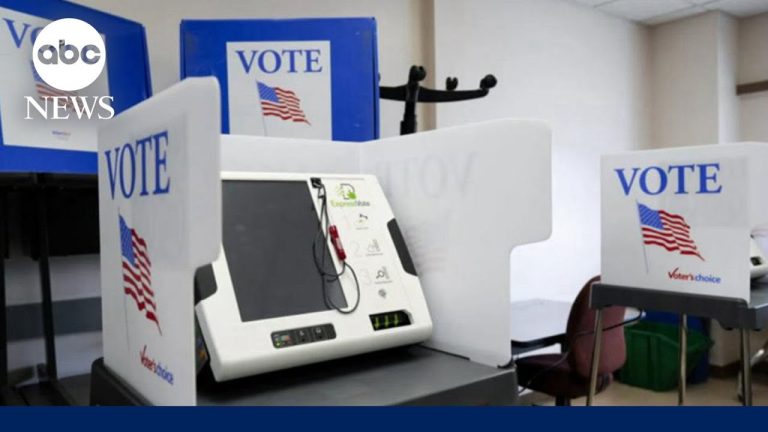-By Paul Blumenthal
October 27, 2011- Everyone is used to seeing a flood of political advertising, whether they are vicious attack ads or saccharine puff pieces, in the months before an election. Soon, the public may get a huge amount of information about the source and cost of all of those advertisements in a way that has never been done before.
The Federal Communications Commission held a meeting on Wednesday during which they promised to move forward in the process to enact rules governing the online disclosure of broadcasters' political files. The move comes as interest and concerns rise about the increase in political spending by outside groups, with the funding sources often remaining undisclosed, after the Supreme Court opened the door in January 2010 to unlimited independent spending by corporations and unions in the Citizens United v. Federal Election Commission ruling.
The political files in question are documents retained by each individual broadcaster that contain information provided by campaigns and groups related to the request to run an advertisement. The files include the name of the campaign, candidate, or group, a general reason for the ad's broadcast, the time and placement of the ad, and the cost of the purchase. Political files are available to inspect in person at the office of each broadcaster, but not over the Internet.
FCC Commissioner Michael Copps explained the proposal before the commission in Wednesday's meeting. "It proposes that television broadcasters move their public files online, to a site hosted by the FCC, which I hope will be searchable and aggregative and therefore offer real opportunity for comparative analysis and wide public understanding," he said. "Without that kind of searchability, online disclosure would be small improvement over having the file kept in the broadcast station's basement."
The end result of the proposal will likely not be available until next spring, when it could then apply to the majority of the elections in the 2012 cycle.
The decision to move to rule-making on the disclosure provision drew praise from media watchdogs, campaign finance and transparency groups, and Capitol Hill.








